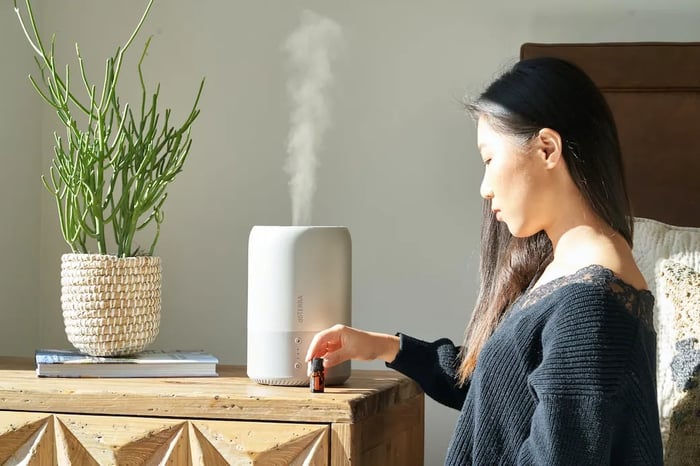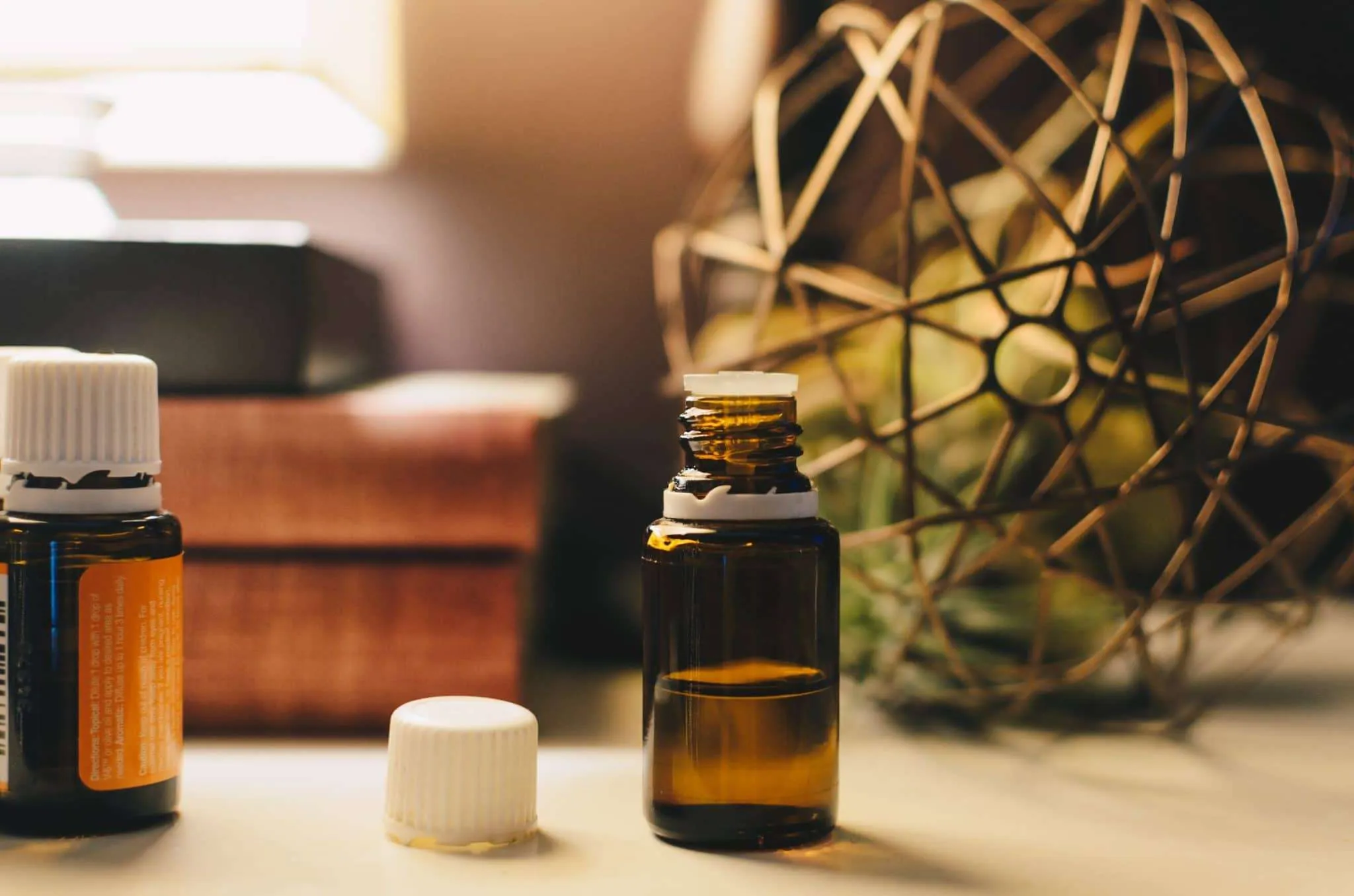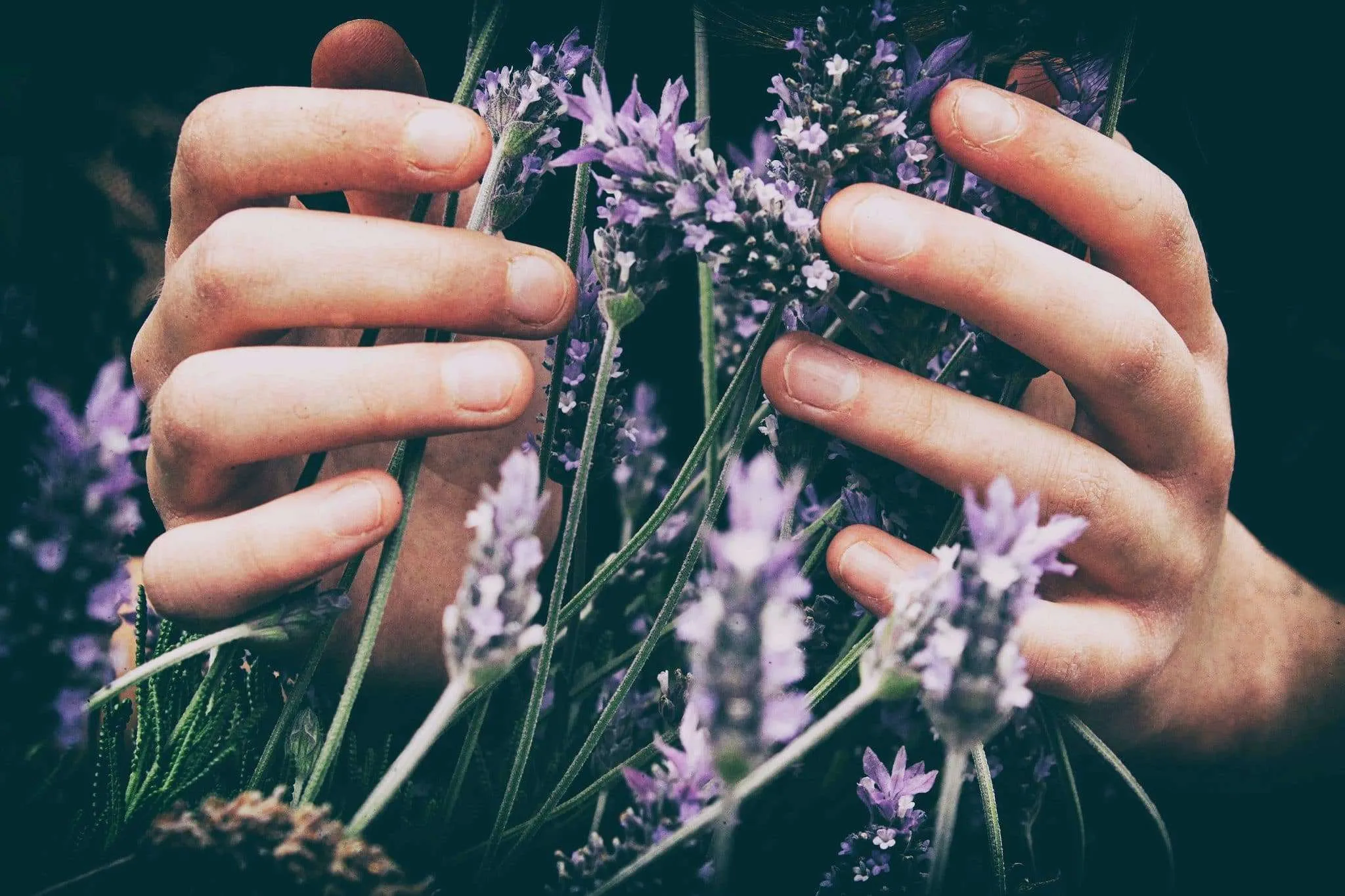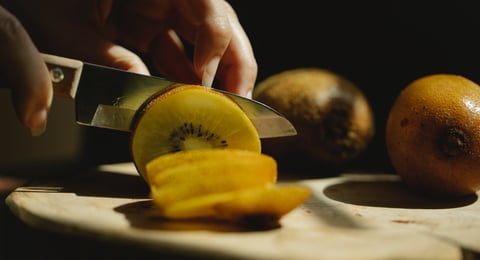 Photo: doTERRA International
Photo: doTERRA International
Adora Winquist is an alchemist. She’s spent more than two decades helping people find physical, emotional, mental, and spiritual healing. One of the keys to her work lies in aromatherapy. An often controversial healing method, namely due to the multi-level marketing attached to it, aromatherapy does offer some benefits.
There are studies that support the use of aromatherapy. A 2013 study showed decreased signs of anxiety related to aromatherapy use; a 2016 study found the use of some essential oils, like lavender, can help to reduce chronic back pain. For Winquist, it goes much deeper than that though. Ethos caught up with Winquist about her thoughts on the age-old practice of aromatherapy and why she’s such a fan.
In a nutshell, how does aromatherapy work? We smell things and it heals the body?
Essential oils have a beautiful affinity to address our health, holistically. As we continue on the path of betterment from a personal and planetary perspective, there is an inner calling to bring wholeness into our lives.
Uniquely, in part due to their molecular size, essential oils pass through the blood-brain barrier, providing important phyto-nutrients throughout our body. This aspect, along with their vibrational nature, allow us to clear old dysfunctional patterns and re-program healthier new ones. This is a complete game-changer in the world of wellness.
More than ever, we are being pulled in multiple directions at once, through our digital devices and platforms, juggling work, school from home, family, and more. How do we find time to breathe deeply and source more control over our thoughts and feelings? How do we find our center? The ability to shift how we feel, reposition the trajectory of our emotional response and how we relate to ourselves and everything and everyone around us is at our fingertips. We can align the presence of mind and power of intention with appropriate application to create these new benevolent habit patterns and shift!
The fastest and easiest way to experience this is to apply one drop of your diluted essential oil, or synergy, into the palms of your hands and breathe in deeply for about 30 seconds. Combine your intention to amplify the benefits!
See also: A guide to vegan and cruelty-free perfumery
 Photo: Kelly Sikkema
Photo: Kelly Sikkema
What are some practical uses for aromatherapy?
Spray mists and diffusers are great ways to incorporate inhalation into your daily routine.
In addition to massage oils, you can create your own intentional perfumed oils, balms, salves, serums, and body mists for topical use.
I am also an enormous advocate for the health benefits of hydrotherapy and take an aromatic bath once (sometimes twice) a day. The warm water increases the skin absorption of the essential oils. Adding epsoms salt provides another element of soothing and restoration. To avoid potential skin irritation, blend the oils in coconut oil or other carrier before adding to the bath. Generally speaking, 7-10 drops of an essential oil or synergy is effective for your aromatic bath.
The concept of synergy is paramount in essential oil blending. It is where the sum of the parts or ingredients are more effective than the singular aspect, or isolate. This concept has evolved from my perspective and practice over time. In a synergy, each plant or essential oil lends its energetic configuration, medicine, and “quintessence” until all ingredients sing in unison and in harmony.
Are there any multipurpose essential oils? If so, which ones?
Yes indeed, in essence, all essential oils are multipurpose in nature. I find this to be a wonderful affirmation from Mother Nature herself on the incredible versatility of healing potential found within each and every plant. Here is a list of 4 essential oils for every home “aromatic arsenal ” with a few blends to tantalize your DIY, and impress your family and friends with your essential oil savvy. Making your own medicine is an incredibly fulfilling experience.
Lavender (Lavandula angustifolia)
Lemon (Citrus limon)
Ginger (Zingiber officinale)
Geranium (Pelargonium graveolens)
How can these oils be used personally for physical, mental, and even spiritual wellbeing?
Aromatherapy and the use of essential oils offer one of the most effective ways to manage stress. It provides the user with a gentle treatment and a feeling of control over their own well-being. The available methods vary, ranging from bath products, body oils, room sprays, creams, and diffusers.
After over twenty years in this field, I believe the art and science of using essential oils offers a lifelong study and practice. I continually find new levels of inspiration and application for their potent alchemy. They are a bridge to the best versions of ourselves and our unification as a species.
 Photo: Vero Photoart
Photo: Vero Photoart
What benefits do the oils have?
Biochemically active, essential oils contain sometimes hundreds of chemical constituents that contribute to their aromatic profile as well as their physiological benefits. For example, one of the main chemical constituents of lavender, linalool, contribute to the nervine nature of this tremendously versatile and calming oil. From an alchemical perspective, aromatics represent the spirit, or the “quintessence” of the plant. Their energetic nature offers us a profound ability to open, access, and actualize our highest nature and potential for a vibrant life rich in all facets of health and harmony.
Expectorant – aids in the removal of excess mucus or phlegm, usually stimulating or relaxing. i.e. Eucalyptus globulus (also a strong anti-viral)
Nervine – Strengthen and tone nervous system i.e. Lavandula angustifolia (Lavender)
Stimulant – stimulating different systems within the body i.e Citrus limon (Lemon)- stimulating to lymphatic and digestive systems.
Sedative – calming and soothing i.e. Boswellia carterii (Frankincense)
Antiphlogistic – reduces inflammation i.e. Anthemis nobilis (Roman chamomile)
Antiseptic – destroys/ prevents development of microbes i.e. Cymbopogon citratus (Lemongrass)
Tonic – increases vigor and liveliness in body system i.e. Zingiber officinale (Ginger)






